We’ve all heard the old adage about eating carrots for better eyesight.
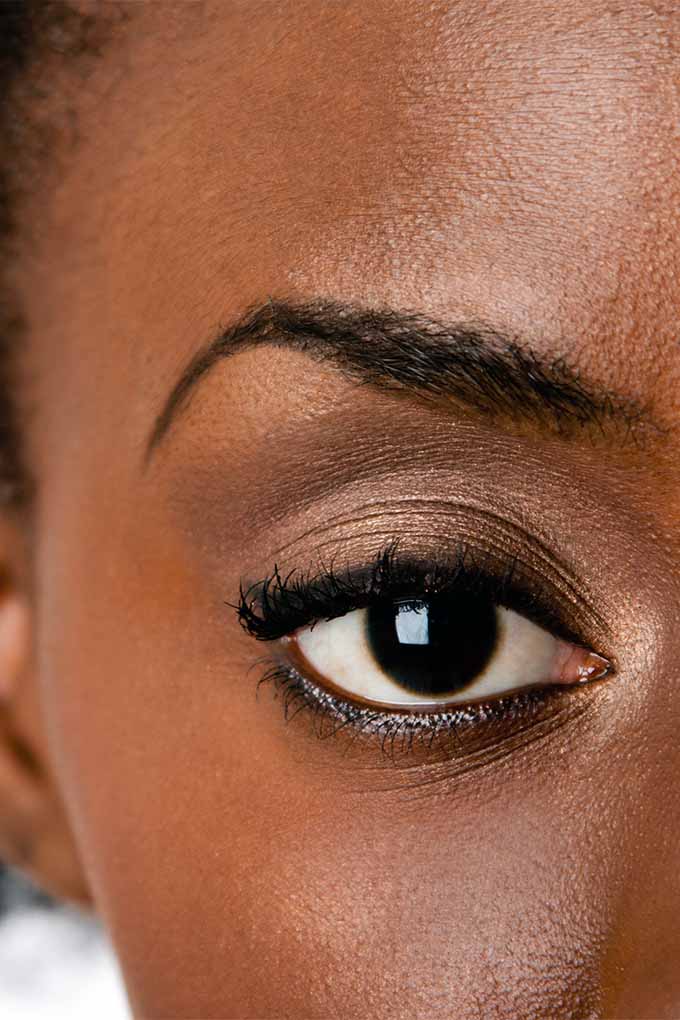
Turns out there’s some truth to the old saw. According to the experts at ThinkAboutYourEyes.com, our diet truly can have an impact on our eyesight.
When it comes to the crunchy orange root, “carrots are a source of vitamin A and xanthophylls, both of which support eye health,” says opthamologist Ann M. Hoscheit, a contributing expert at ThinkAboutYourEyes.com.
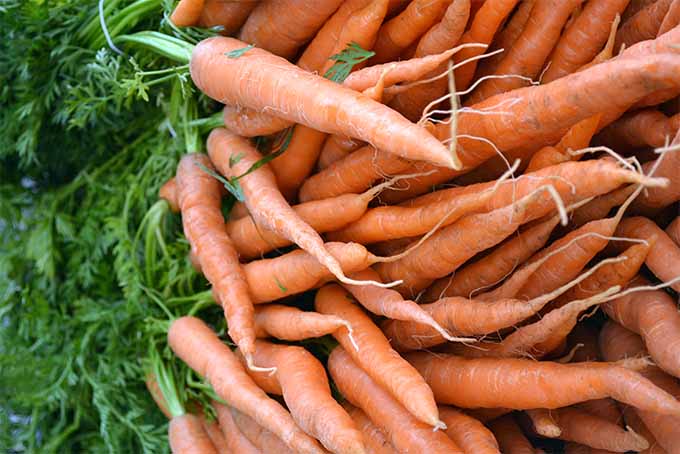
In addition to carrots, you’ll find vitamin A in beef liver, sweet potatoes, kale, spinach, broccoli, and, oh yeah, butter.
You’ll find xanthophylls in green leafy vegetables, peas, green beans, corn, beets, and peppers, in addition to carrots. Xanthophylls are yellow pigments that play an important role in photosynthesis.
Let’s learn about other foods that are beneficial for the eyes.
For General Eye Health
Cold-water fish — such as sardines, herring, tuna, and wild-caught salmon — contain DHA, or fatty acids that can help to prevent dry eye syndrome and macular degeneration.
You’ll also want to eat lots of greens, such as spinach, which contain vitamin C, beta-carotene, and other nutrients that help to protect the eyes from harmful blue light, and can lessen the risk of macular degeneration and cataracts.
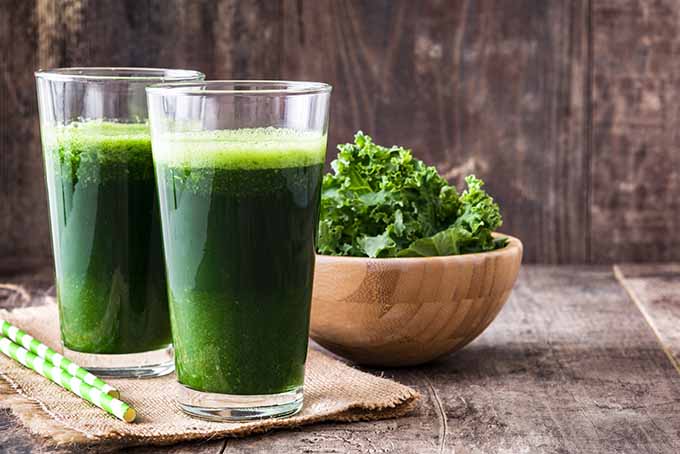
Kale and broccoli are good for eye health, as well.
Not to be outdone by the greens, colorful fruits and vegetables offer their share of ocular assistance, too. In addition to carrots, eat peppers, oranges, strawberries, and blueberries to keep your eyes in good shape.
The vitamin E in almonds, peanuts, cashews, and other nuts has been found to protect the eye’s cells from free radicals that can break down the eye’s healthy tissue.
Red meat is rich in zinc, which aids in the production of melanin, a dark pigment that protects the eyeball.
Can Food Prevent Nearsightedness?
You might be wondering just how powerful food is in terms of maintaining eye health or preventing eyesight problems.
Interestingly, research suggests that children who don’t get enough vitamin D are more susceptible to severe myopia, or nearsightedness. This is according to Hoscheit, whose company, EyeBridge Consulting Associates ODPA, provides educational and consulting services to the healthcare industry.
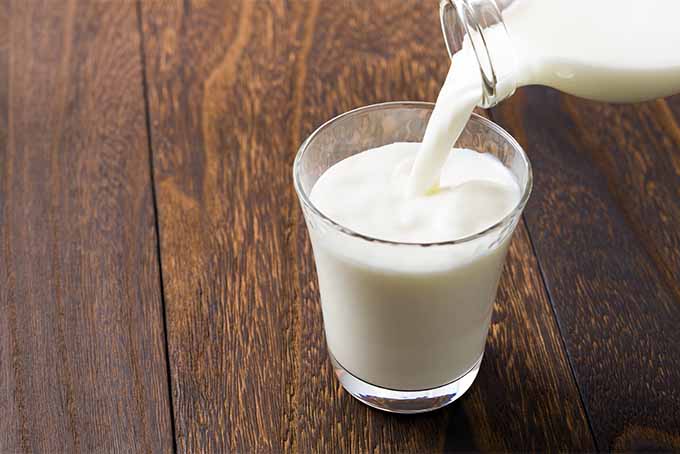
Researchers “looked at the vitamin D levels of 2038 children between the ages of 13-18 years old. In this population, 80.1% had myopia and 8.9% had severe myopia. The researchers concluded that lower levels of vitamin D related to more severe myopia,” says Hoscheit.
Fish, egg yolks, mushrooms, and fortified milk are good sources of vitamin D, as is the sun.
Other nutrients found to be lower in children with nearsightedness include vitamins B1, B2, and C, as well as phosphorous and iron.
Other ocular problems can be addressed with proper nutrition.
For example, if glaucoma is of particular concern, some eye health experts recommend increasing your dietary intake of vitamins C, D, B6, and B12. Find vitamin C in citrus fruits; B6 in fish, organ meats, potatoes, non-citrus fruit, and other starchy vegetables; and B12 in dairy products, meat, fish, and poultry.
Also look for more folate, magnesium, and manganese. Dark leafy greens are good sources of all three, and dark chocolate is a good source of magnesium.
A perfect excuse to eat chocolate! You’re welcome.
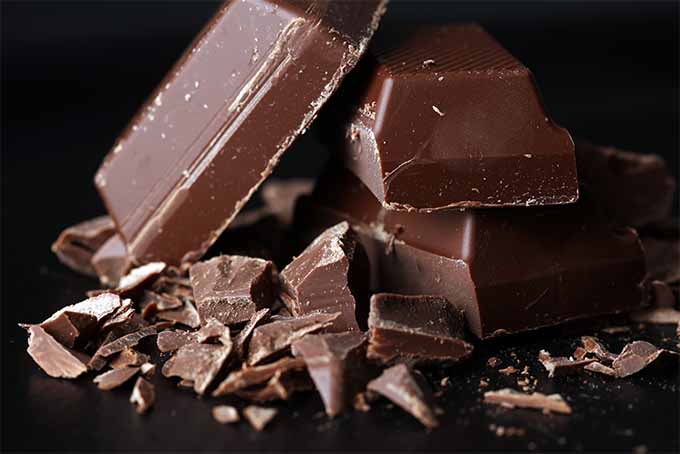
Diabetics, too, need to pay particular attention to their intake of both vitamin B12 and coenzyme Q10.
According to Hoscheit, some medicines taken for diabetes are known to deplete the body’s store of these nutriments.
Find coenzyme Q10 in broccoli, dark leafy greens, nuts, fish, shellfish, pork, chicken, and beef.
“Replenishing these nutrients is highly recommended to protect the retina and the optic nerve,” says Hoscheit. “In addition, optimal levels of vitamin D and omega-3s are known to aid in blood sugar stabilization.”
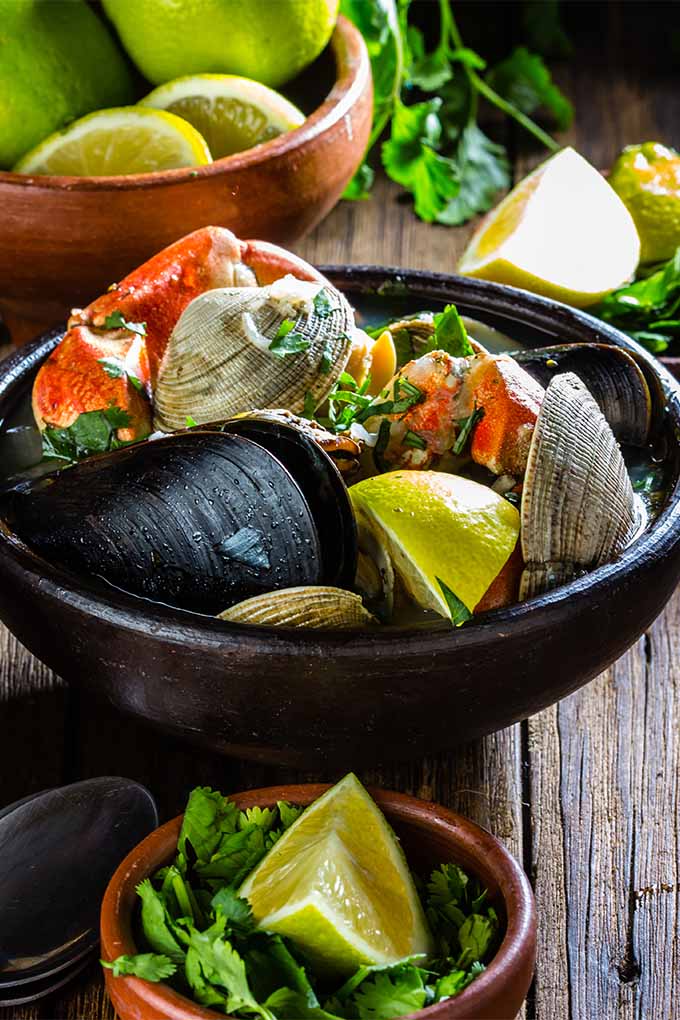
While these dietary recommendations may indeed help, Hoscheit cautions patients with serious vision concerns “to talk to their eye doctor about proper eye health nutrition.”
And even if your grandma’s grandma’s grandma had perfect eyesight until her sunset years, and you’re not particularly worried about troubles with your eyes, you shouldn’t take your overall vision health for granted, says Hoscheit. “Don’t overlook annual exams that can protect the long-term health of eyes,” she says.
A study conducted by the National Eye Institute found that antioxidants reduce the risk of developing advanced age-related macular degeneration. Learn how to add more antioxidants to your diet here.
If you’re looking for ways to improve your diet with real food, check out this article about that very subject.
In Search of 20/20
Bottom line: keep your eyesight sharp by eating lots of fish, beef liver, kale, butter, and chocolate. Slather the first three with the last two, and you’re set, no?
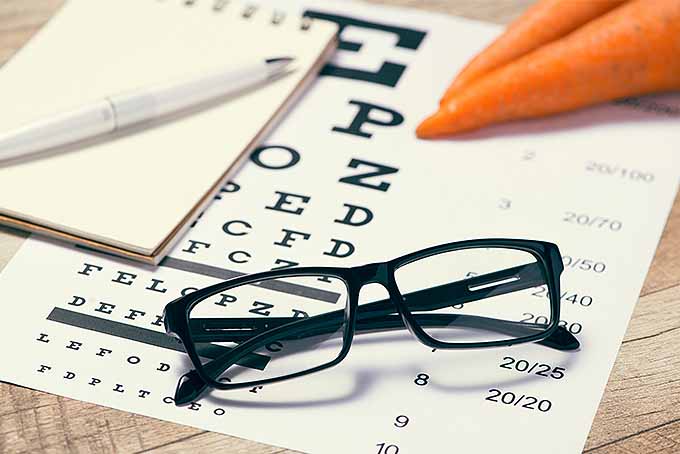
We jest, of course.
Eat reasonable amounts of these foods as part of a balanced diet, visit an optometrist or ophthalmologist annually, and you should be well-fed and able to see the food on your plate quite clearly.
Do you pay particular attention to nutrition when it comes to maintaining robust eyesight? Share your vision of the eyeball-food matrix in the comments section below.
Photo credit: Shutterstock.
The staff at Foodal are not medical professionals and this article should not be construed as medical advice. Foodal and Ask the Experts, LLC assume no liability for the use or misuse of the material presented above. Always consult with a medical professional before changing your diet, or using supplements or manufactured or natural medications.
About Gretchen Heber
Gretchen Heber is an Austin, Texas foodie whose passion for eating has lead to a fair competence in the kitchen, according to her family and to friends who are generally pretty excited to be invited to a dinner party at her home. Always on hand in her kitchen: a water-filled cup full of upright cilantro, at least a dozen lemons and limes, several heads of garlic, and fish sauce in the fridge.

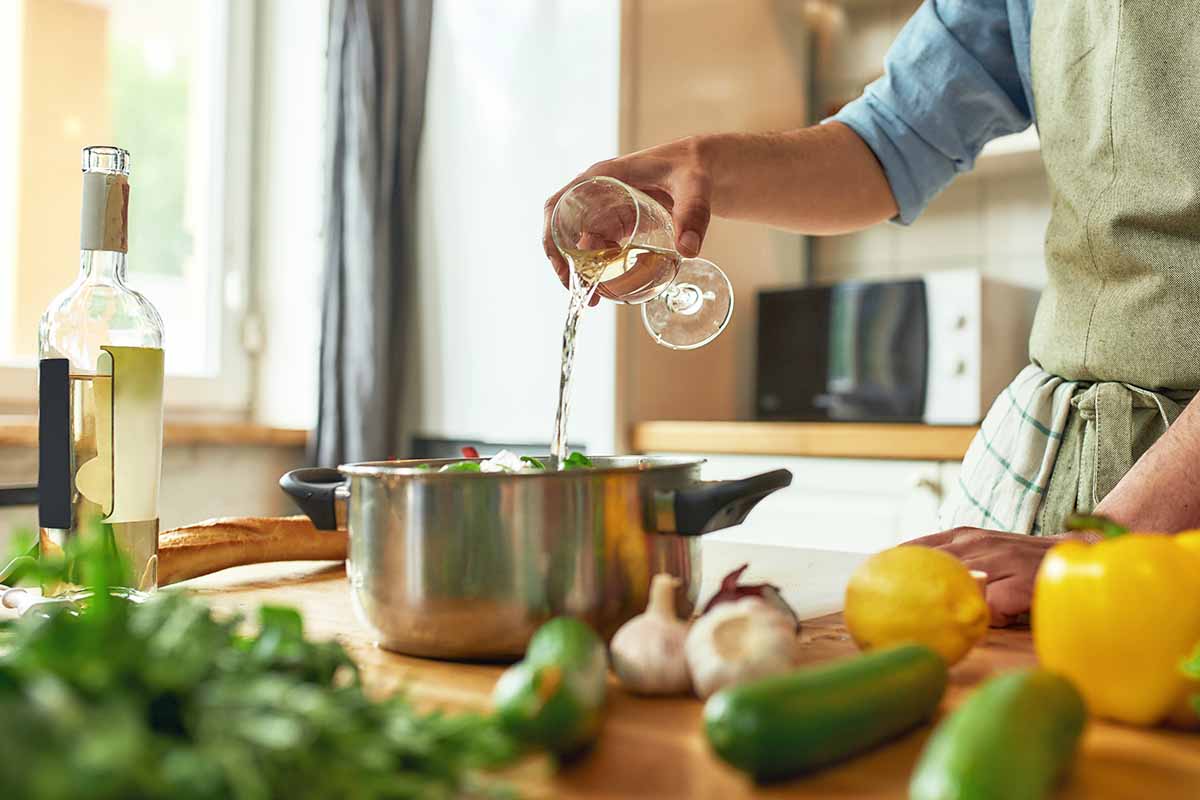

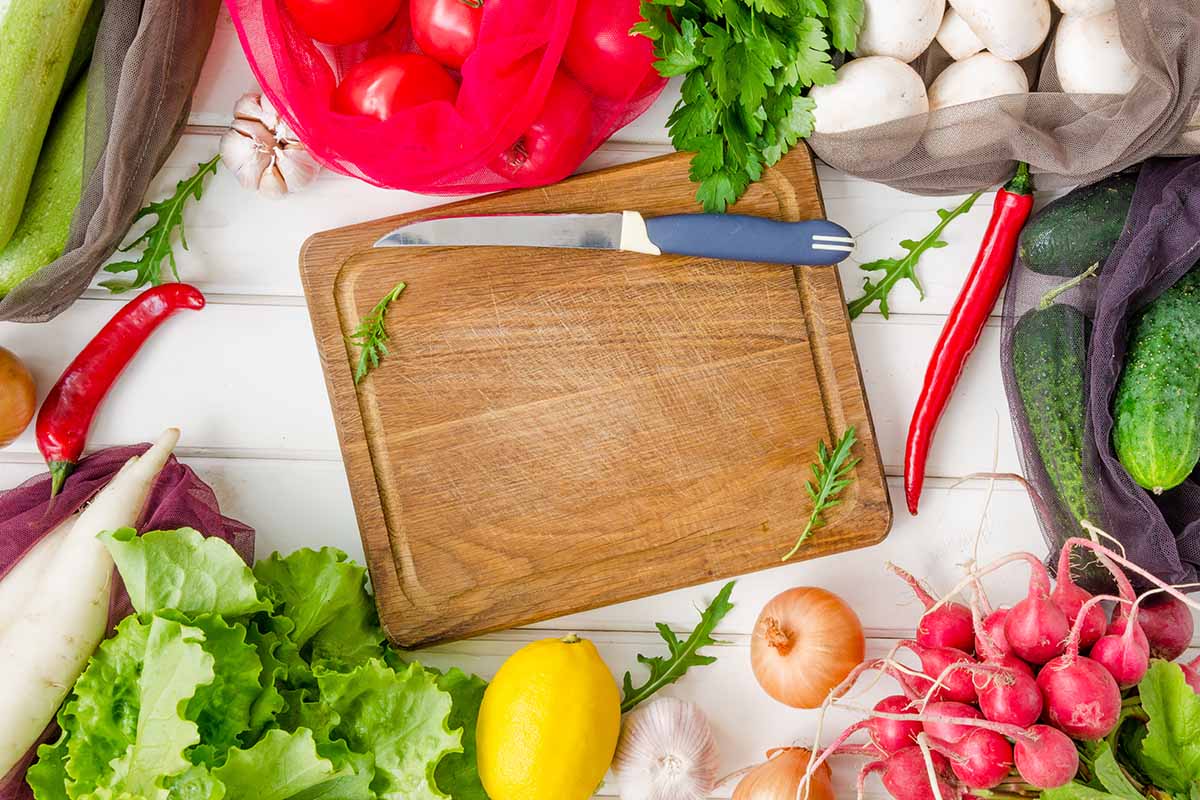
What a nice article because this is exactly what I’m looking for.
Thanks, it is quite informative. Thank you for sharing.
Informative article indeed. Thanks for sharing with us.